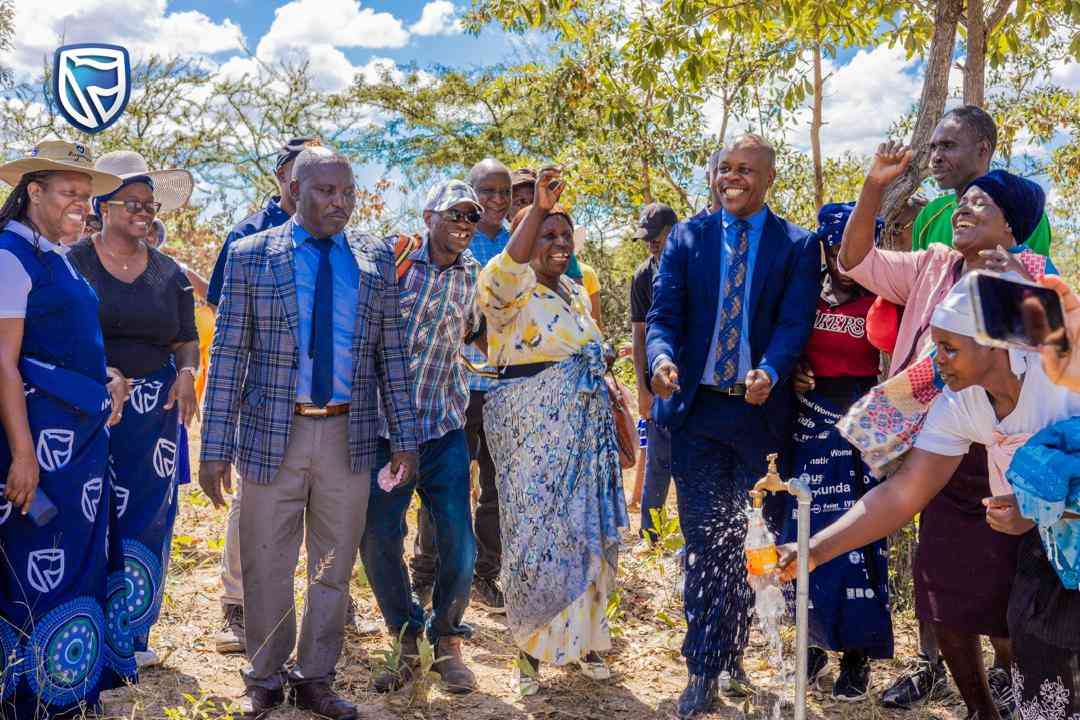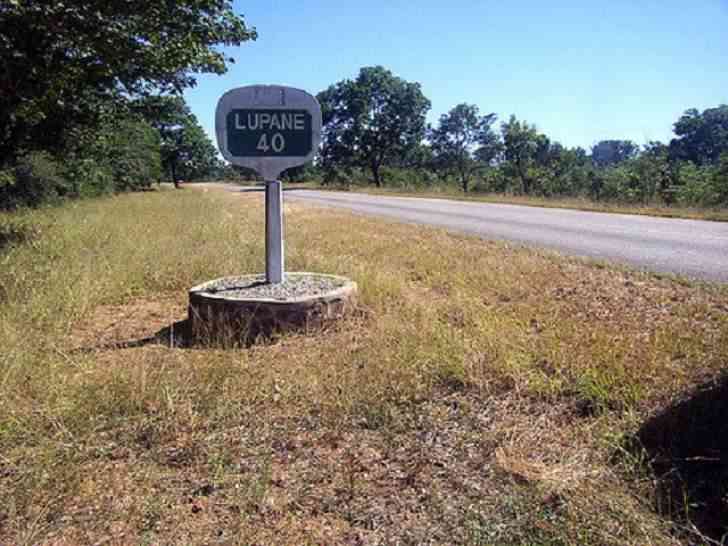
LEADING financial services institution, Stanbic Bank Zimbabwe, has handed over a solar-powered borehole and a 10 000-litre tank to a women’s group and the broader community in Marange, Mutare, as part of its financial inclusion initiatives.
The borehole was drilled in partnership with development and humanitarian organisation, CARE Zimbabwe, which helped identify the pressing need for access to water for the women’s group.
Stanbic Bank head of enterprise banking, Auxillia Kambasha, said this initiative is part of a broader programme by the Standard Bank Group’s subsidiary to promote financial inclusion and build resilience among vulnerable populations—especially women—in Zimbabwe’s rural communities.
“The partnership between Stanbic Bank Zimbabwe and CARE Zimbabwe began in 2024 with a joint commitment to identify and uplift women at the grassroots level," she said.
"Through a rigorous assessment process led by CARE, women with potential for entrepreneurship and community leadership were selected to benefit from this initiative."
She said the initiative was important for enhancing inclusive finance and livelihoods, especially for women; resilience building; and poverty and reduction of gender-based violence (GBV).
Kambasha said the programme seeks to bridge financial access gaps and improve livelihoods by equipping women with resources and support to launch or grow income-generating projects, such as market gardening.
“This will allow them to be bankable and build financial records—ultimately allowing them to access funding from the bank. By enhancing access to water, the initiative contributes to household and community resilience, especially in areas affected by economic vulnerability and climate change,” Kambasha said.
- Making every day that of activism against GBV
- 16 days not enough, says Ruvheneko
- Churches best positioned to deal with GBV
- The style interview: Tozeza Baba addresses gender-based violence
Keep Reading
She said Stanbic Bank is pleased to play a pivotal role in poverty and GBV reduction on the back of empowering women economically, as this will increase their self-reliance and social standing.
This borehole will enable the establishment of gardens and other income-generating projects, thereby enhancing food security and economic stability.
CARE Zimbabwe country director Walter Mwasaa said the borehole was a significant milestone for Ward 9, Majecha Village, and a vital resource that symbolises hope, empowerment, and sustainable development for the community.
“We are grateful to Stanbic Bank for trusting us with such an important initiative. The journey to this moment has been one of collaboration and commitment," Mwasaa said.
"Together with Stanbic Bank, we have crafted a strong partnership that focuses on the needs of the women in Ward 9. We have listened, learned, and worked diligently to create a resource that will serve not only as a source of water but as a catalyst for change."
He hoped that the borehole serves the entire community, fostering growth, resilience, and a brighter future for all.
“Together, we can turn challenges into opportunities and empower women to thrive,” he said.
Mutare district development coordinator, Tendai Kapenzi, said the borehole was a vital initiative that embodies hope and empowerment in the community.
Kapenzi said it was pleasing to witness such a life-changing synergy between Stanbic Bank and CARE Zimbabwe, driven by a shared commitment to address the pressing needs of women, particularly in the face of financial exclusion, poverty, and the devastating impacts of climate change and natural disasters.
He commended Stanbic Bank and CARE for establishing the Women’s Financial Inclusion Initiative, whose aim is to strengthen women’s access to inclusive financial services and improve livelihood opportunities for vulnerable women in the community.
He said the drilling of the borehole was a result of a needs assessment conducted by CARE and Stanbic Bank, in collaboration with the Ministry of Women Affairs, Community, Small and Medium Enterprises Development, which identified several key challenges faced by women.
These include limited capital, poor access to resources, market constraints, and the pervasive effects of patriarchal norms, alongside inadequate infrastructure and water scarcity exacerbated by drought.
“One of the critical recommendations from this assessment was the urgent need for sustainable water solutions," Kapenzi noted.
"Stanbic Bank made the bold decision to invest in the drilling of the borehole and the provision of a 10 000-litre water tank. We thank Stanbic Bank for remaining committed, even after hitting three dry holes; the bank remained committed to the goal of supporting the women in Ward 9."










